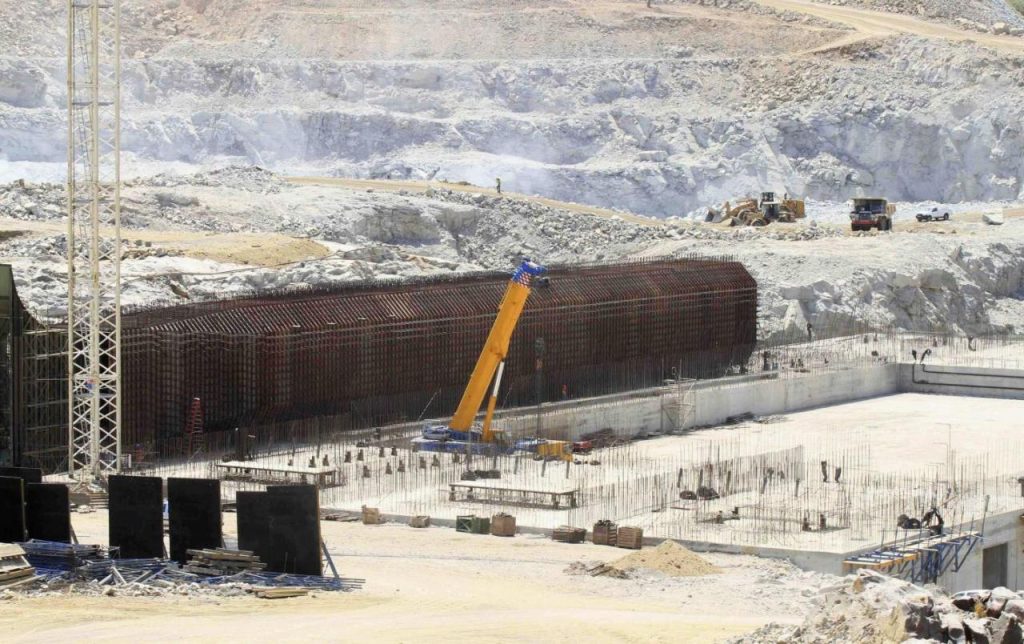
A joint statement between Egypt, Sudan and Ethiopia, the President of the World Bank and the Secretary US Treasury has revealed that all three countries’ officials have reached an initial plan for the Grand Ethiopian Renaissance Dam (GERD) operations, after months of deadlock.
The statement, published by the US Treasury department in Washington, where talks have been ongoing for the last days, revealed the outcome of the meetings.
Initially, points raised in the statement concern the filing of the damn, which is set to be carried out during the “during the wet season, generally from July to August, and will continue in September subject to certain conditions.”
It also mentions an initial goal of filing 595 m above ground level in order to accelerate electricity-generating in Ethiopia, as well as a mechanism for periods of droughts.
“During long term operation, the GERD will operate according to a mechanism that determines release based upon the hydrological conditions of the Blue Nile and the level of the GERD that provides electricity generation and appropriate mitigation measures for Egypt and Sudan during prolonged periods of dry years, drought and prolonged drought,” read the statement.
However, all points are still subject to final formal agreements following additional ‘technical and legal discussions’.
The Ministers are to meet once more in Washington, D.C. on January 28-29 to finalize the agreement.
The surprisingly conceding agreement follows some politically charged days in which Ethiopia accused Egypt of a “self-claimed sole ownership of the Nile waters”, an “inflexible position” and lacking “a spirit of cooperation” in a statement following the conclusion of a Trilateral Ministerial Technical Meeting earlier this month.
The accusations were strongly refuted by Egyptian authorities, namely the Ministry of Foreign, who claimed that the statement was “deliberately misleading” and “distorting the facts”.
“Egypt clarifies that the reason for Ethiopia’s refusal to drain the natural discharge during the operationalization of the GERD is due to its intention to use this Dam, which only aims to generate electricity, to launch future projects and freely exploit the resources of the Blue Nile without paying attention to Egypt’s water interests and rights, guaranteed by international law,” the Ministry argued in an official statement.
The heart of Egypt and Ethiopia’s disagreement had lied in both countries’ proposals regarding the filing process as well as the allocation amount of water for each country, including Sudan.
The filing process is the deliberate storage of water to perform the function for which the dam is designed, in this case, generating electricity in Ethiopia. For this step, Ethiopia estimates 4 to 7 years as sufficient while Egypt insists on 12 to 21 years.
“We didn’t agree on the filling of the dam as Egypt presented a new proposal requesting the filling to be carried out in 12-21 years. This is not acceptable. We will start the filling of the dam by July,” stated Ethiopian Water Minister Sileshi Bekele as per Reuters.
After months in which the negotiations surrounding GERD had not moved forward, all three countries’ foreign ministers met with US Secretary of the Treasury, Steven Mnuchin, and the President of the World Bank, David Malpass, in Washington, D.C. on November.
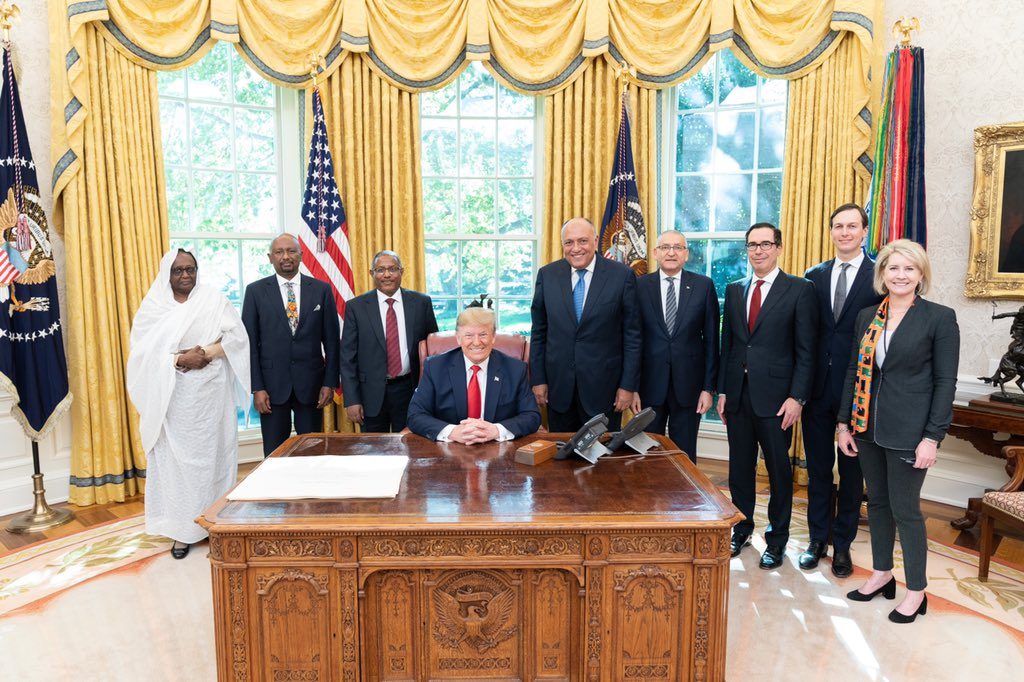
It was then decided that the US Treasury, Egypt, Ethiopia and Sudan would have to resolve the Grand Ethiopian Renaissance Dam (GERD) negotiations stalemate by January 15, 2020.
A $4.8 billion national hydropower project, GERD is set to be completed in 2022 and aims to boost Ethiopia’s economy despite being a crucial point of contention with Egypt for the last eight years.
Featured image: Ethiopia’s Ministry of Foreign Affairs via Facebook
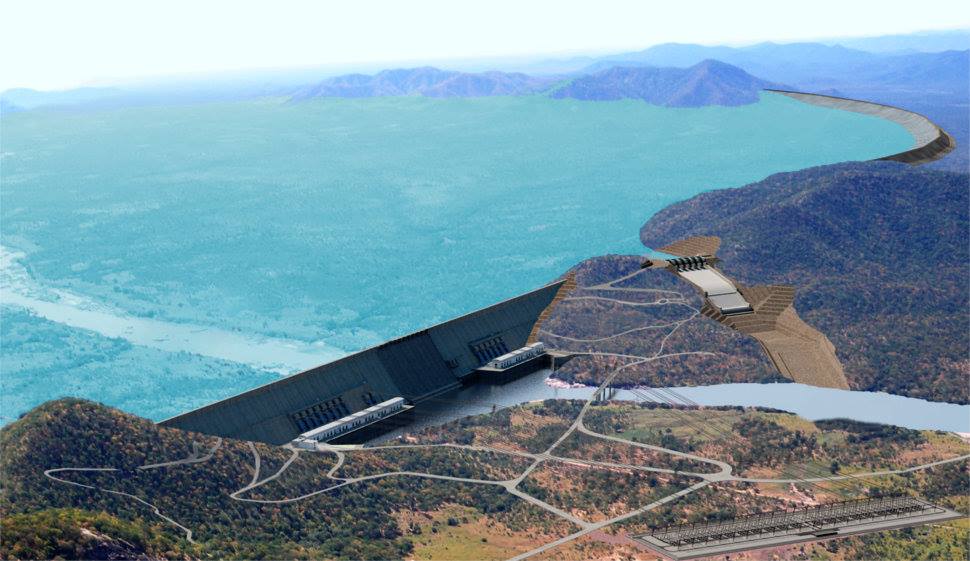


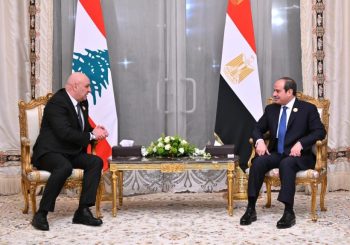
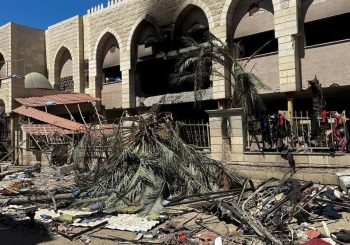

Comment (1)
[…] last round of failed talks taking place in Washington, where the three parties failed to sign an agreement on the filling and operation of the […]